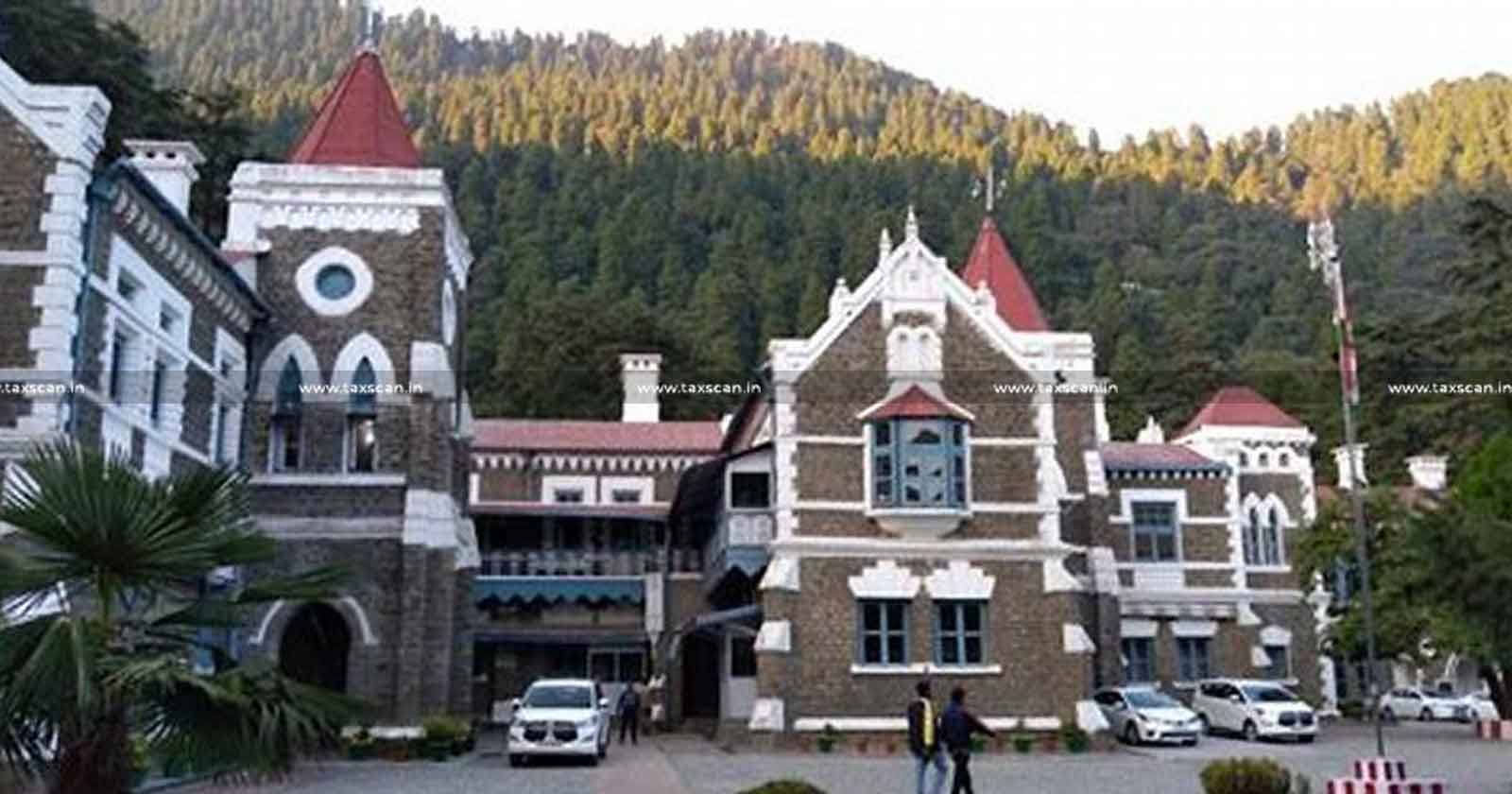Partners Accused of Creating 41 Fake Firms GST Scam: Punjab & Haryana HC Orders Release on Bail with Strict Conditions [Read Order]
The High Court ordered the release of both petitioners on regular bail on furnishing personal bonds with two sureties each, subject to stringent conditions.
![Partners Accused of Creating 41 Fake Firms GST Scam: Punjab & Haryana HC Orders Release on Bail with Strict Conditions [Read Order] Partners Accused of Creating 41 Fake Firms GST Scam: Punjab & Haryana HC Orders Release on Bail with Strict Conditions [Read Order]](https://images.taxscan.in/h-upload/2025/11/04/2102140-gst-scam-taxscan.webp)
The Punjab and Haryana High Court has granted bail to two partners accused in a large-scale GST ( Goods and Services Tax ) fraud involving the creation of 41 fake firms and fraudulent input tax credit ( ITC ) claims worth over ₹12 crore.
The Court ordered their release subject to strict conditions to ensure their cooperation with the ongoing proceedings and to prevent any interference with evidence.
The petitioners, Raman Kumar Chaurasia and Devinder Singh, partners of M/s Aar Dee Enterprises and M/s Aashi Steel Industries, were arrested by the Directorate General of GST Intelligence (DGGI), Ludhiana, on 15 May 2025.
The investigation revealed that they, along with their associate Deepanshu Srivastav, had allegedly created 41 bogus entities to generate fake invoices and claim ineligible ITC.
These firms reportedly showed purchases from non-existent suppliers, primarily outside Punjab, and used local scrap traders to issue invoices without actual supply of goods. The total fraudulent ITC utilization was estimated at ₹8.63 crore, with an overall tax evasion of more than ₹12 crore.
Master the Latest Amendments in Income Tax Act Click here
The petitioners had earlier been denied bail by both the jurisdictional Magistrate and the Sessions Court. In their plea before the High Court, they contended that they were falsely implicated and had conducted all business transactions through legitimate banking channels.
They argued that the charges under Section 132(1) of the CGST Act, 2017 were misapplied and that their detention was unnecessary since all evidence was documentary and electronic in nature.
 Also Read:GST Hearing u/s 75(4) must be Fixed after Submission of Reply: Uttarakhand HC Remands Matter for Fresh Adjudication [Read Order]
Also Read:GST Hearing u/s 75(4) must be Fixed after Submission of Reply: Uttarakhand HC Remands Matter for Fresh Adjudication [Read Order]
Justice Manisha Batra, while hearing the matter, noted that the maximum punishment under Section 132(1)(i) of the CGST Act is five years and that the offences are compoundable under Section 138.
The Supreme Court precedents such as Sanjay Chandra v. CBI, Dataram Singh v. State of UP, and Vineet Jain v. Union of India, the Court stated that bail is the rule and jail is the exception, even in economic offences, unless there is a clear risk of tampering with evidence or absconding.
Comprehensive Guide of Law and Procedure for Filing of Income Tax Appeals, Click Here
The bench observed that the petitioners had already spent over five months in custody, that the investigation was complete, and that the trial would likely take time. Since the prosecution evidence was primarily documentary and official in nature, there was little likelihood of the petitioners influencing witnesses.
Accordingly, the High Court ordered the release of both petitioners on regular bail on furnishing personal bonds with two sureties each, subject to stringent conditions. These included depositing passports, non-disposal of assets, no interference with prosecution witnesses, regular cooperation in the trial, and avoidance of any further criminal activity.
The Court also warned that any breach of these conditions would lead to immediate cancellation of bail.
Support our journalism by subscribing to Taxscanpremium. Follow us on Telegram for quick updates


